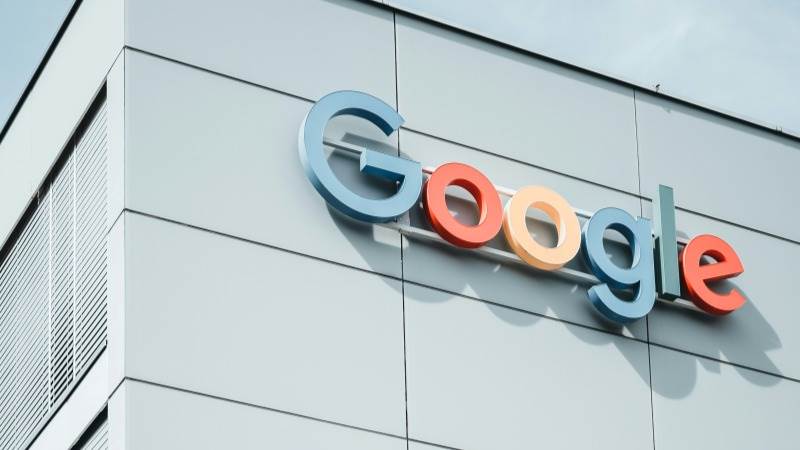As Alphabet Inc. gears up to report its second-quarter results, with analysts forecasting revenues near $94 billion for an 11% year-over-year gain, the tech giant is deep into one of the most aggressive technology pivots in its history.
At the heart of this transformation is Gemini, Alphabet's flagship AI, which now powers AI Overviews in search results across more than 100 countries. At its I/O conference in May, the company offered a glimpse into the future with Project Astra, a live multimodal assistant that hears, sees, and responds in real time to supercharge the Gemini experience, recently expanded through new capabilities of its flagship 2.5 Pro model.
This AI-fueled ambition is backed by massive capital investment of $25 billion in data centers across the United States and a strategic refocusing of resources. The company has continued its workforce reductions in 2025 to eliminate redundancies and sharpen its focus on key AI priorities. Meanwhile, the behemoth doubled down on financing the autonomous driving unit Waymo via a multi-year $5 billion investment, and beyond cars, Google's AI push extended even to accessories such as AI-powered glasses and smart watches.
However, Alphabet's momentum faces steady friction. In the US, its advertising-technology business remains under the Department of Justice's microscope, with the landmark antitrust case now entering the remedies phase. Across the Atlantic, the company's non-compliance with Europe's stringent antitrust regulations may now result in a €4.1 billion fine if it fails on appeal.
Investors will be looking to the upcoming earnings call for the answer to a crucial question: Can Alphabet monetize its AI lead fast enough to outpace rising costs as its tech rivals refuse to give in?





